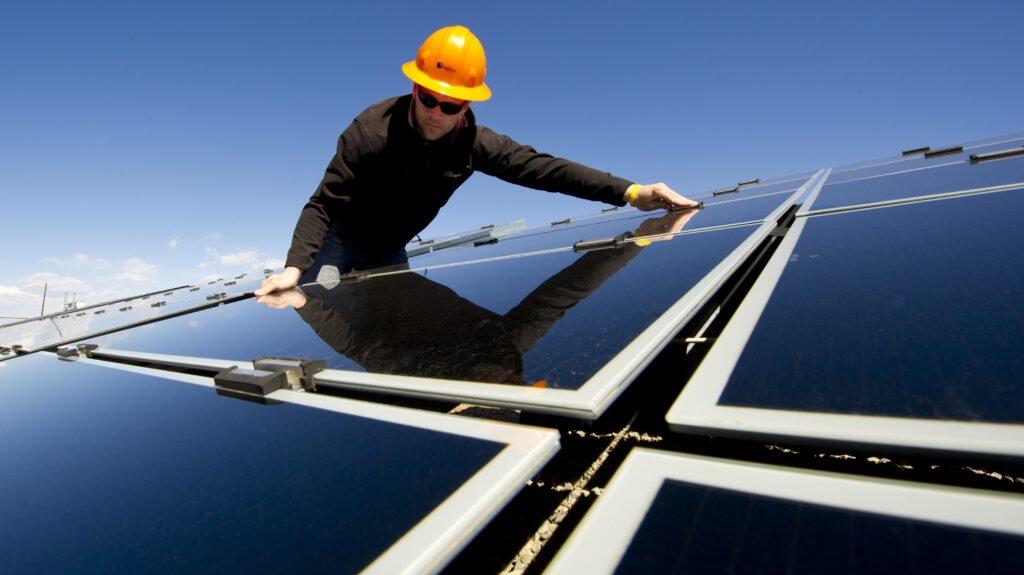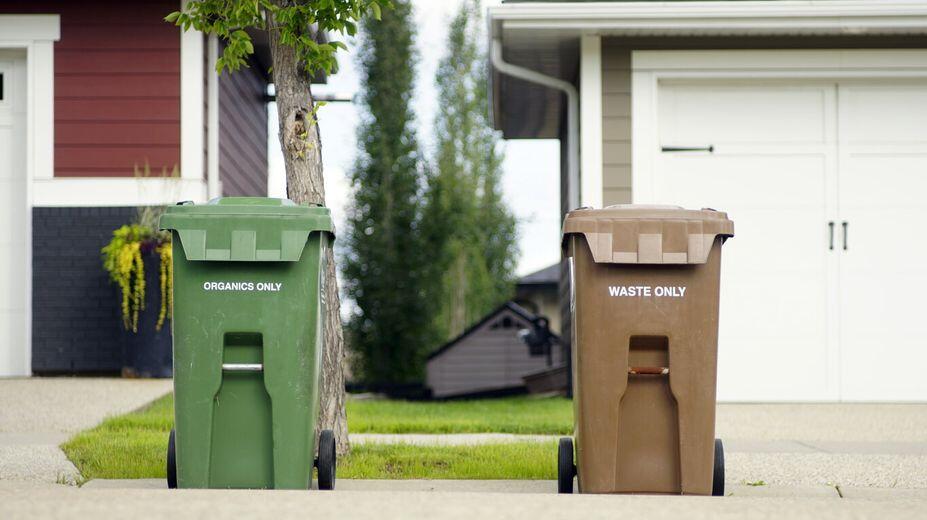 Articles
ArticlesThe covid-19 pandemic is disrupting industries around the world, including renewable energy. Experts caution that corporate renewable energy demand could drop off. Solar projects linked to corporate power purchase agreements in Europe could be delayed by the virus outbreak and new projects are being paused. There is hardly any subsidy-free business model left given the current spot price levels in Europe, an analyst said. The nearly $2 trillion stimulus package passed by the Senate on Wednesday does not include any relief for the renewable energy sector. Questions remain about what will happen to corporate wind and solar energy plans globally. Even in a recession, a recession, the corporate renewables market momentum would likely remain intact: low-costWind and solar power, volatile fossil fuel markets, and pressure to decarbonize, according to Greentech Media. However, the outlet cautioned that sagging wholesale power prices and a global recession that affects corporate creditworthiness could cause businesses to reevaluate their energy needs or postpone investment decisions.
Read Full articleData centers aren't the energy hogs we thought
Researchers developed the most detailed model to date of global data center energy use. The model provides a more nuanced view of data Center energy use and its drivers. More efforts are needed to better monitor energy use moving forward, lead author says.
Read Full articleElectric cars better for climate in 95% of the world
Study by universities of Exeter, Nijmegen and Cambridge found that electric cars lead to lower carbon emissions overall. Under current conditions, driving an electric car is better for the climate than conventional petrol cars in 95% of the world. Study projects.
Read Full articleAsset managing your data on the way to electrification
Data has transformed how utilities operate, by expanding the volume and resolution of energy use data. The acceleration of electrification and decarbonization will make managing data as a strategic asset increasingly necessary. Data driven decision making creates operational efficiencies and drives cost reductions.
Read Full articleHaving ‘Impossible’ conversations about energy
The author pushes the reader to listen to those at the extremes to find common ground. We may or may not agree that climate change is happening but we can agree that some technologies will move faster than others! The magic really happens in the middle when we.
Read Full articleResponding to Coronavirus: Low-carbon Investments Can Help Economies Recover
The COVID-19 pandemic is first and foremost a human tragedy. The virus has also hit society like a global tsunami, disrupting travel, cutting off communities. Chinas industrial output has dropped 15% to 40% since the crisis began.
Read Full articleZero waste system: Rebuilding capital for a circular economy
The number of zero-waste city projects is growing in Asia. But traditional development capital for waste systems is often misaligned with zero waste approaches. Incineration is the most expensive waste treatment system for construction, maintenance, and operations.
Read Full articleBuilding More Powerful Batteries Possible with New Electrode Design
A new battery concept could lead to safe all-solid-state batteries. The idea is based on the long-sought goal of using pure lithium metal as one of the batterys two electrodes. An electrolyte allows lithium ions to travel back .
Read Full article3 Ways utilities will benefit from 5G
5G is the fifth generation of mobile networking technology. It is more than a slightly faster version of 4G. 5G will offer much higher speeds, lower latency, and the ability to accommodate many more devices. utilities should research the many opportunities.
Read Full articleNew tools show a way forward for large-scale storage of renewable energy
Researchers at the University of Cambridge tested their techniques on organic redox flow batteries. They found that by charging the batteries at a lower voltage, they were able to significantly slow the rate of degradation. The technique may be applied to other types of batteries .
Read Full article








